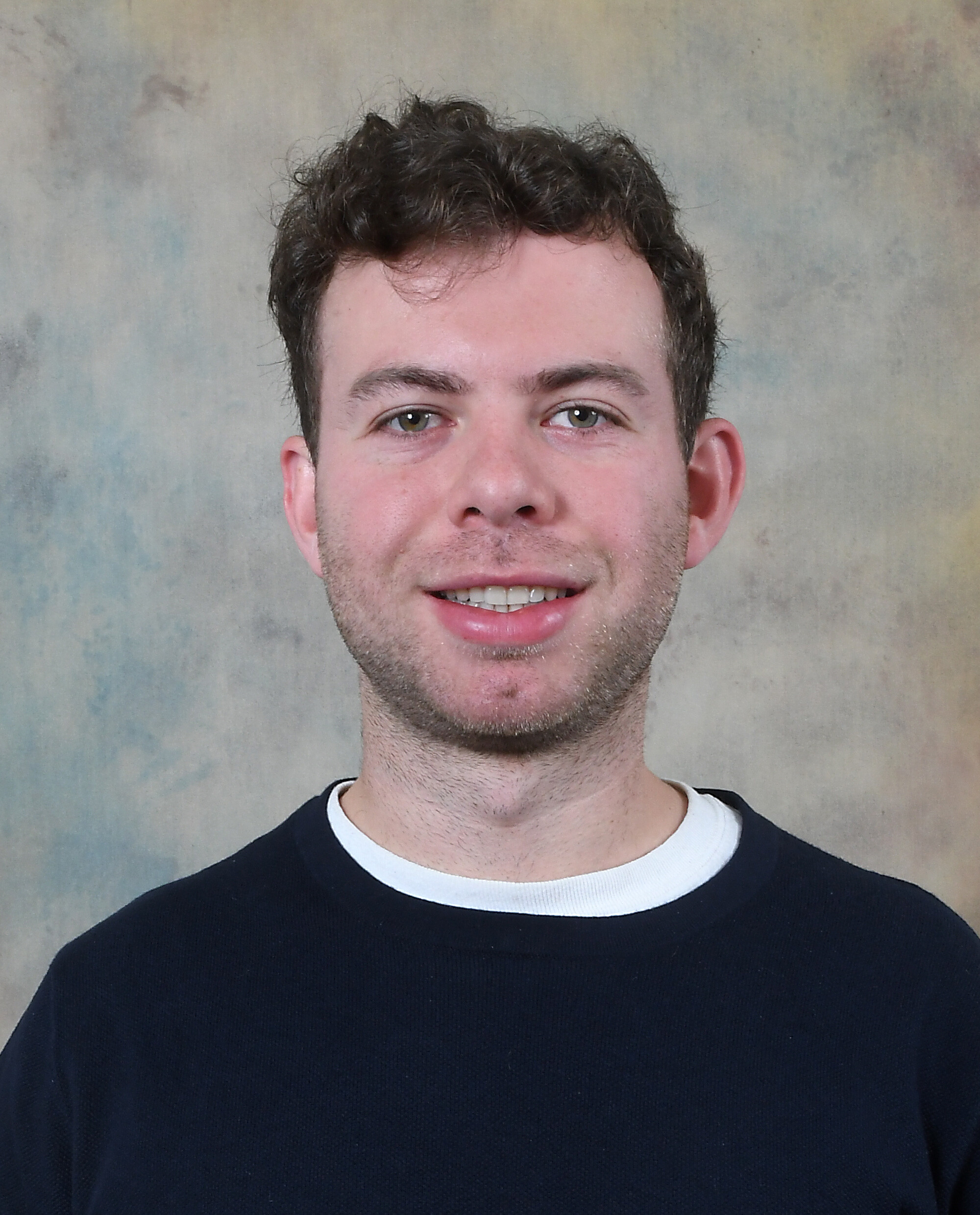What causes our bodies to age over time? One theory goes that it all begins at the cellular or even molecular level, where over time, damage to DNA in cells across the body accumulate and lead to mutation and cell senescence or death. In fact, it has been estimated that a single cell in the body can face up to hundreds of thousands of DNA lesions per day. Understanding where the DNA damage comes from, and how it is repaired, is key for improving our knowledge of how age-related diseases, including neurodegenerative disorders and cancer, originate.
“We were very surprised to find specific parts of the genome in neurons undergoing repeated DNA damage and repair. Previously, it was believed that damage occurred randomly across an individual cell’s DNA, but specifically in neurons we’ve now seen that there are special regions called enhancers that accumulate damage,” Will says. “These are very important regions of the genome that regulate how cells express their genes. It’s not hard to imagine how the damage we observe at these regions could, over time, lead to some of the effects of aging-related neurodegeneration.”
One key question remaining is where the DNA damage originates from. Will says the group believes it could be generated by the complicated process of turning on a gene, but future work will need to be done to clarify this. The collaborative study was supervised by Will’s mentor Dr. Andre Nussenzweig of the National Cancer Institute (NCI) and Dr. Michael Ward of the National Institute of Neurological Disorders and Stroke (NINDS), a fellow mentor of the NIH Oxford-Cambridge Scholars Program.
Will’s interest in the biological causes of aging began as summer research student in David Gius’ lab at Northwestern University. Dr. Gius, a former NIH Oxford-Cambridge Scholars Program Deputy Director, suggested Will consider the NIH Oxford-Cambridge Scholars Program for graduate school. After graduating from Middlebury College in 2016, Will joined the Program and has spent time between the University of Oxford, the National Cancer Institute, and the National Institute of Aging. In addition to his work on DNA repair in neurons, Will has another recent co-first author paper in Nature on identifying the “Achilles’ heel” of a class of specific cancers. After defending his thesis this summer, Will is staying on as a postdoc with Dr. Nussenzweig at NCI.

